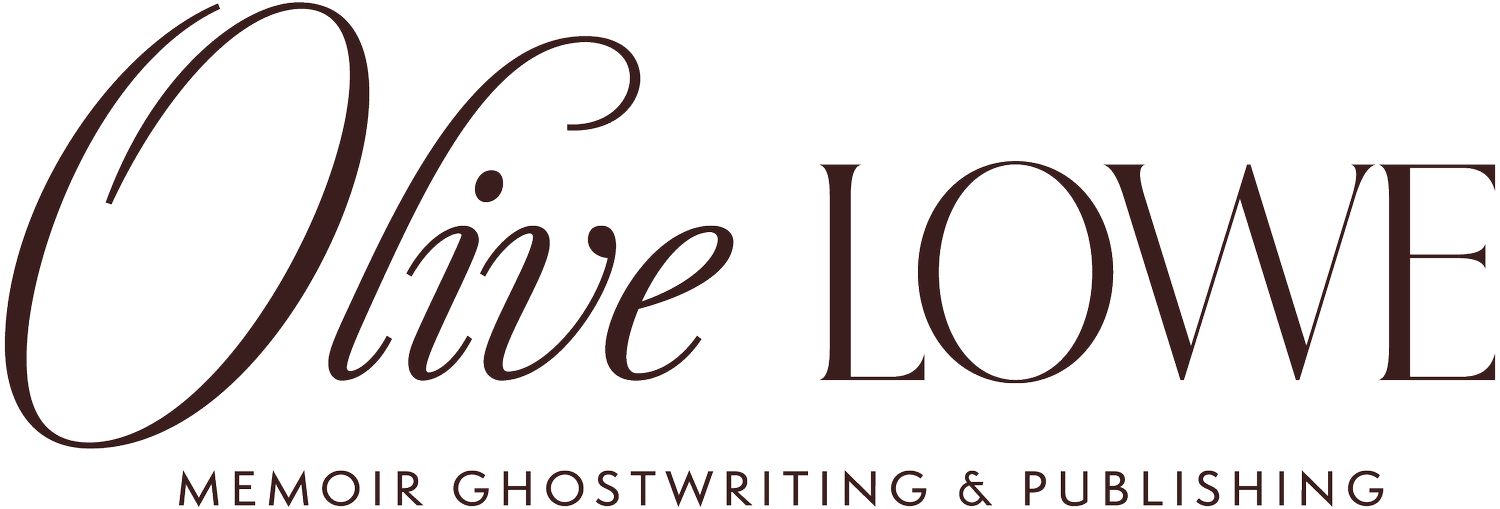Your Memoir’s Universal Message: Why You Need One and How to Find It
Why is a memoir’s universal message so important, and how do you figure out what yours is?
Image by dima_goroziya from Pixabay
What is a Universal Message?
If you have set out to write a memoir, you were probably inspired to do so because of a remarkable experience you had. It was so remarkable, you think, that everyone ought to know about it. But you must ask yourself why the experience was remarkable. How did it affect you? How did it change you? What did you learn as a result?
The answer to this question will guide you to your Universal Message (trust me, it deserves caps), which will be the aspect of your story to which all readers can relate. And when readers can relate to something, that’s when they find it interesting and worthwhile to read.
What is the difference between a theme and a message?
Themes are universal too, but here’s what makes a Universal Message unique: it is a claim, a statement of a truth you have come to believe, related to a theme.
For example, your story may have a theme of parenthood and your message is that all children really need is to know they are loved. Or, you could have the same theme of parenthood and have an entirely different message, for example: raising children brings out the child in you.
To have a message, you need to make a claim.
Brainstorming your Universal Message
Make a list of possible UM’s for your story. You will probably have lots of ideas at first. It may help to free write in long form, letting all your thoughts spill out as you brainstorm. Read over what you’ve written and see what phrases jump out at you. Answering these questions might also help:
What do I know now that I didn’t know at the beginning of this experience?
What was the most important understanding I gained from this experience?
What do I want readers to take away from my story?
What is the knowledge or understanding that caused me to change?
What from this experience still affects me to this day?
How do you know when you’ve found “the one”?
When you believe it with all your heart. When it is broad enough to encompass your whole story but specific enough to truly represent your story.
Let your message be your guide
Once you’ve found your Message, print it out and tape it to your wall. But also be prepared to tweak it as you write, because the process of writing will reveal insights you hadn’t considered before. That’s okay. Just always keep the most current version of your UM fresh in your mind.
Then, as you get into the weeds of writing chapters, scenes, and words, choose ones that illustrate your Message. You want to point the reader in the right direction until they come to understand the important truth that you understand. If you do your job well, it will unfold for them like it unfolded for you, and they will get to carry that treasure in their pocket forever.
And isn’t that why we read?

